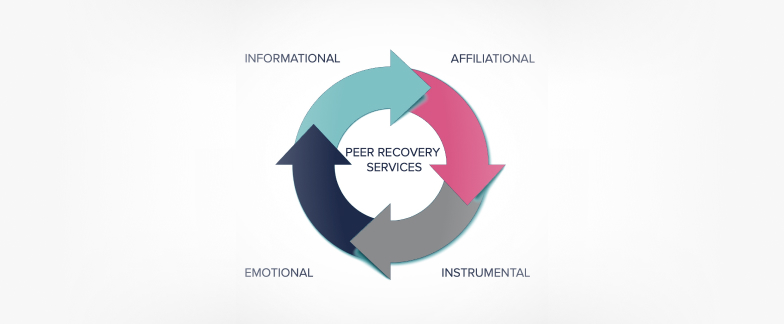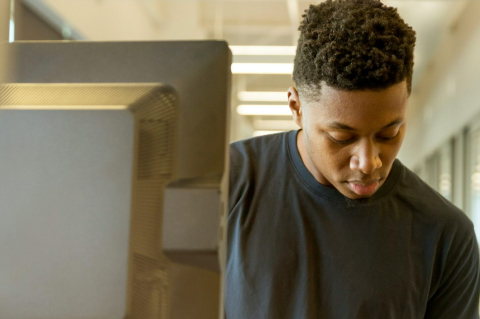What is a Certified Peer Recovery Specialist? (CPRS)
Certified Peer Recovery Specialists (CPRS) are community health workers who provide services to individuals with Substance Use Disorder (SUD). Firstly, to become a CPRS, you must have at least 1 year in recovery or a close friend or family member with SUD. Additionally, you must also have a GED or high school diploma and complete a 46 hour training program. Once certified, CPRSs provide a wide range of services based on their clients’ needs and their stage in the recovery journey. Generally these services fall into one of the following categories: emotional, informational, instrumental and affiliational.

In this article we will explore 10 key examples of services that CPRS can provide to their clients and why they are critical to the recovery process.
Why are Peer Recovery Services Important?
Understanding the services that are available to CPRS clients is crucially important to reducing the rates of Substance Use Disorder in America. Because peer recovery support services are newly reimbursable by Medicaid, public awareness of these tools is actually quite low. Increasing the public’s understanding of what services are offered will increase their utilization, as well as the positive health outcomes associated with peer support.
10 Examples of Services Provided by CPRS
Instrumental services address the immediate, concrete needs of clients which must be met in order for clients to focus on their recovery.
- Assist clients with transportation to and from treatment, meetings and other appointments
- Help clients find and apply for affordable housing
- Assist with obtaining child care services in order for clients to attend treatment or perform other necessary tasks that support their recovery
Informational activities help clients to learn more about how to succeed across all aspects of their lives. Furthermore, this promotes the stability and mobility necessary to remain engaged in the recovery process.
- Identify and attend personal finance workshops with clients
- Identify and attend parenting classes with clients
- Assist clients with education and career planning
Emotional services are critical to helping clients achieve long-term recovery by increasing their confidence, self-esteem and self-worth. Therefore, these services are centered around empathy, caring and concern, underscoring the fact the clients are worthy of a happy and productive life.
- One on one peer mentoring and counseling
- Peer-led support groups with multiple clients
Affiliational services foster a sense of connection with the recovery community, therefore increasing clients’ support network to help them remain engaged in their journey
- Introducing clients to local recovery community organizations
- Attend recovery-friendly social events with clients
Nearly any service that supports a client in their journey to long-term recovery can be part of a CPRS’ daily work. Undoubtedly, this list is just a small sample of common tasks that may be included.
Become a Certified Peer Recovery Specialist
Interested in how you can help support individuals seeking long-term recovery from Substance Use Disorder? Connect with us to hear more about free, flexible training options and immediate job placement!





